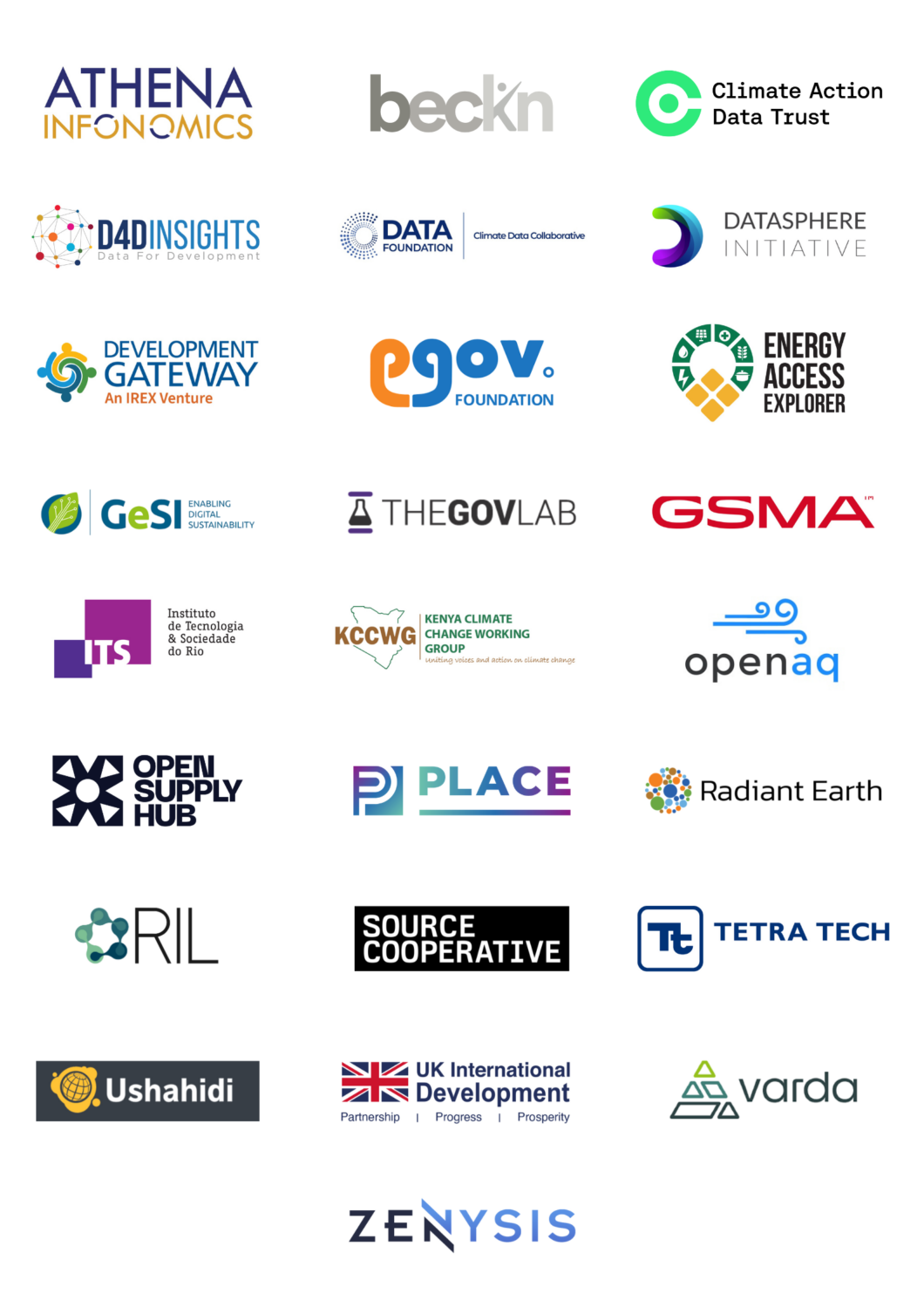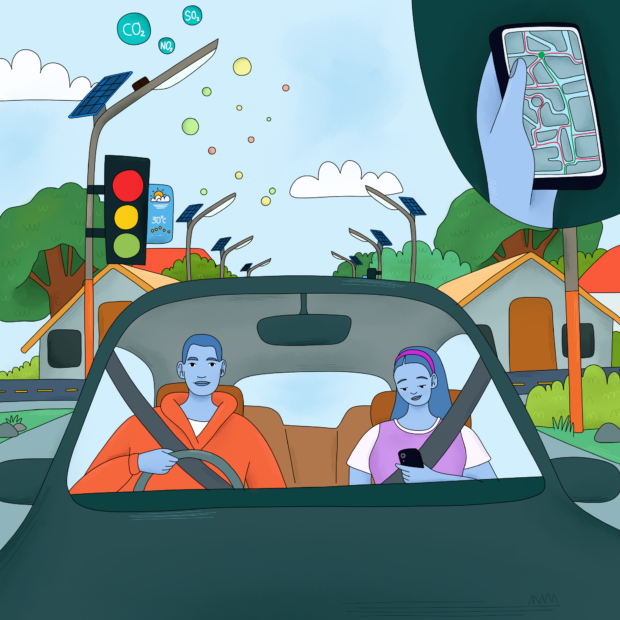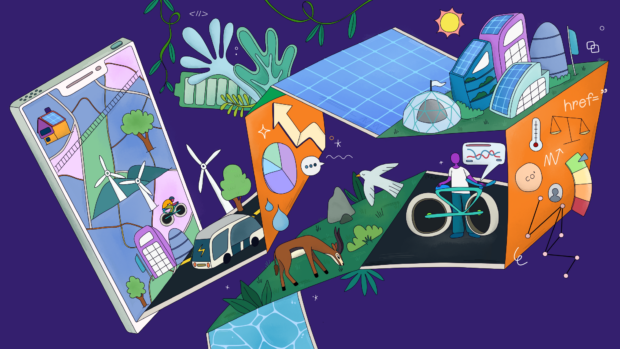Climate change is a shared challenge. Data is a shared opportunity.

As the impacts of climate change accelerate across the world, meaningful action is crucial now more than ever.
And data is critical to addressing these threats. Beyond the typical climate data – weather patterns, tide levels, and agricultural conditions – datasets on infrastructure, transportation, energy, and mobility could also inform mitigation and adaptation efforts and provide vital information for disaster prevention and response.
While this data exists, it is not yet sufficiently harnessed for climate action. This may be due to challenges related to trust and privacy; technical and human capacity; affordability; or data quality and format.
The result is that crucial, climate-relevant data is often inaccessible to the frontline governments and communities that need it the most.
We created the Climate Data Joint Learning Network to bridge the gap between emerging data exchange solutions and climate challenges.
In 2024, we convened the Joint Learning Network to Unlock Data for Climate Action (or Climate Data JLN) to explore innovative data sharing models that could sustainably unlock climate-relevant data and better equip frontline governments and communities.
We studied four data models that each have potential to address different types of climate challenges:
- Open data: Open data makes freely accessible the use and adaptation of the data, methodologies, and often the code underlying the data platform itself.
- Data trusts: The only legal model of the four, data trusts are designed to responsibly manage and govern data assets on behalf of members.
- Open transaction networks: The most decentralized of the four models, an open transaction network is a system where anyone is free to join, with no centralized controlling authority, allowing for a dynamic exchange of information and resources.
- Data spaces: The most nascent model, data spaces enable the reliable exchange of data, all while retaining sovereignty and ensuring trust and security under a set of mutually agreed rules.
By advancing data exchange, we aim to strengthen data ecosystems and bolster city climate priorities.
One of our key learnings from the year-long consultative research is that different models work best for different needs.
So, with this in mind, the Climate Data JLN will expand direct collaboration with city governments in 2025 to better understand ground-level use cases and map these needs back to the appropriate data models. Working hand-in-hand with city leaders , we will map their respective data ecosystems, identify key climate data use cases, and deliver actionable recommendations that integrate into existing climate action and resiliency plans.
To achieve this, our approach is two-fold:
- We will partner with cities to explore their specific data needs and identify pathways to access and utilize this data. Through collaboration, we will provide cities with a customized document that directly informs their existing climate action and resiliency plan. Furthermore, we will define and identify climate data use cases that can serve as blueprints for scaling urban climate action.
- We will work with our Climate Data JLN member organizations to deep dive into high impact use cases that have been identified through the work with cities. Through roundtable discussions with the network and by engaging data owners and innovators, we will document insights with specific recommendations for policymakers who want to help catalyze and scale data sharing for climate action.
By addressing the specific needs of selected cities and targeted climate challenges, we aim to provide examples of how data can be unlocked to enable data-driven decisions for climate action worldwide.
The Climate Data JLN was launched as part of the Green Digital Action track at COP28, and our research findings and recommendations were shared at COP29.
The Digital Impact Alliance is proud to count the following organizations as members of our joint learning network. We remain open to additional partners joining us in this endeavor. If your organization is interested in contributing to these discussions, please get in touch with us at info@dial.global







